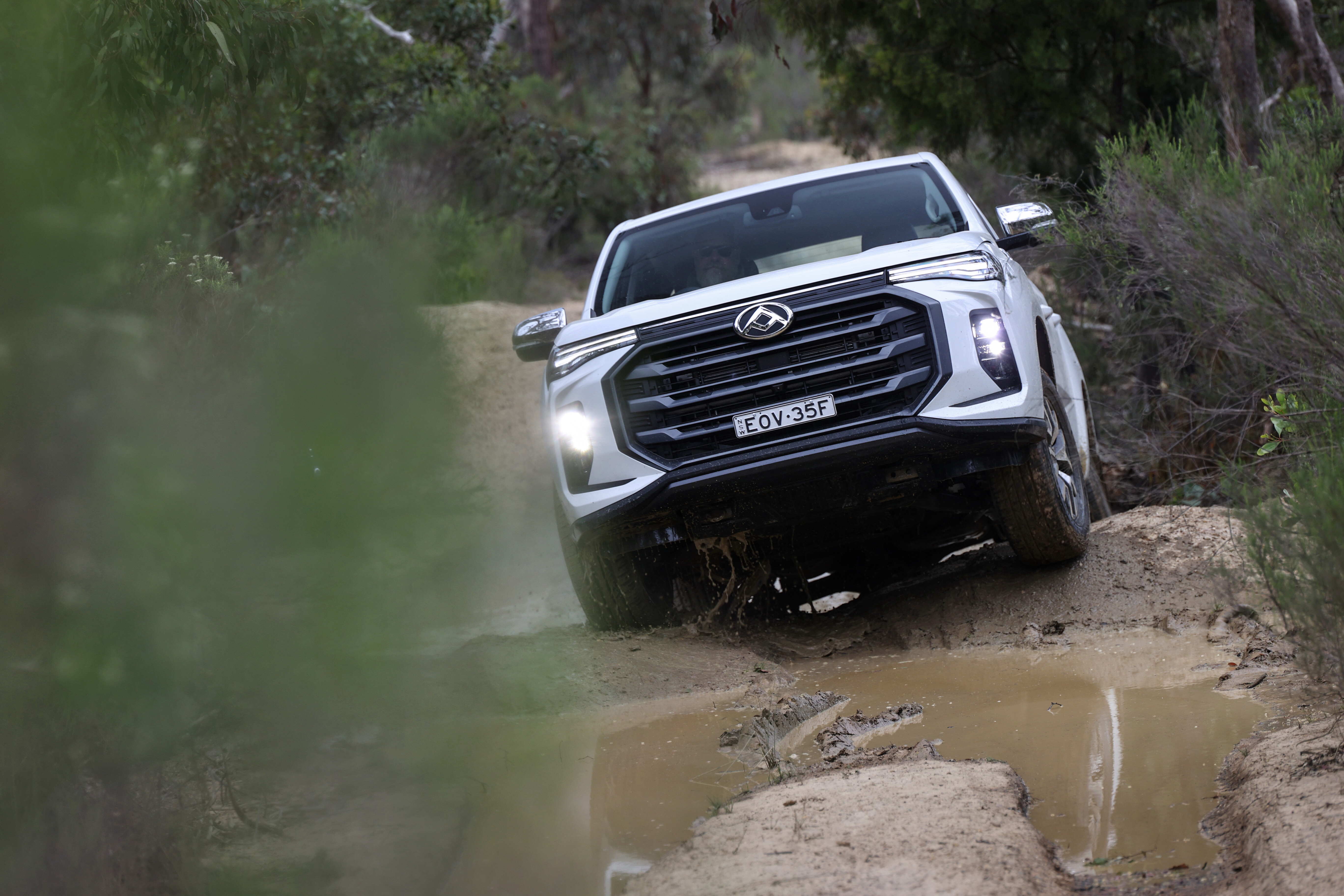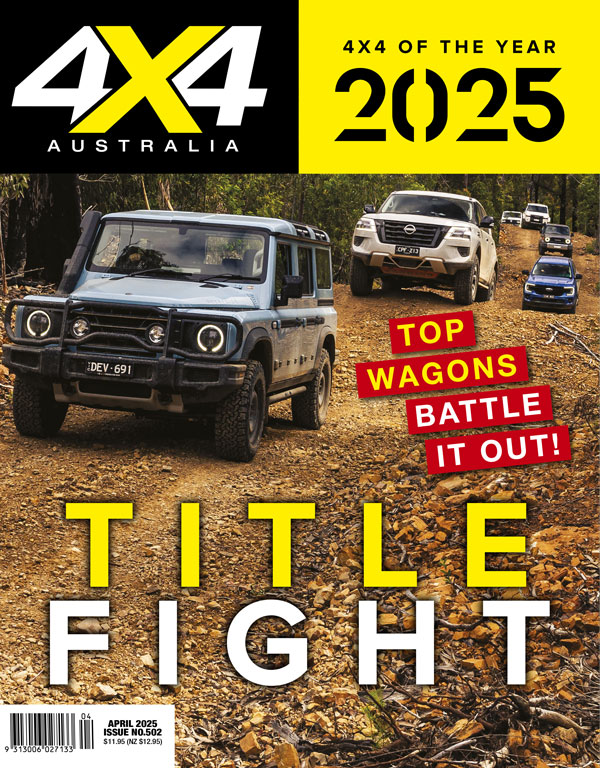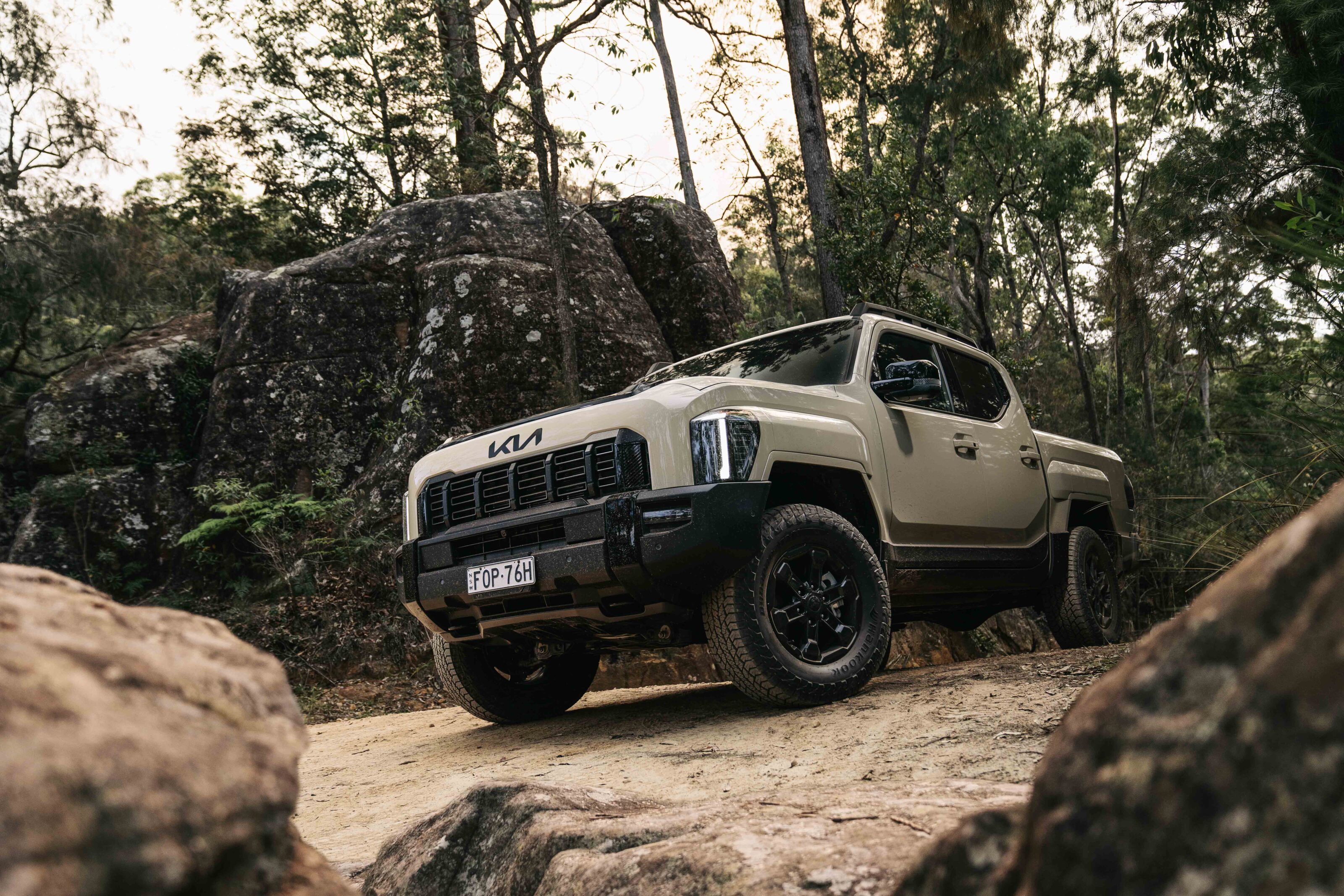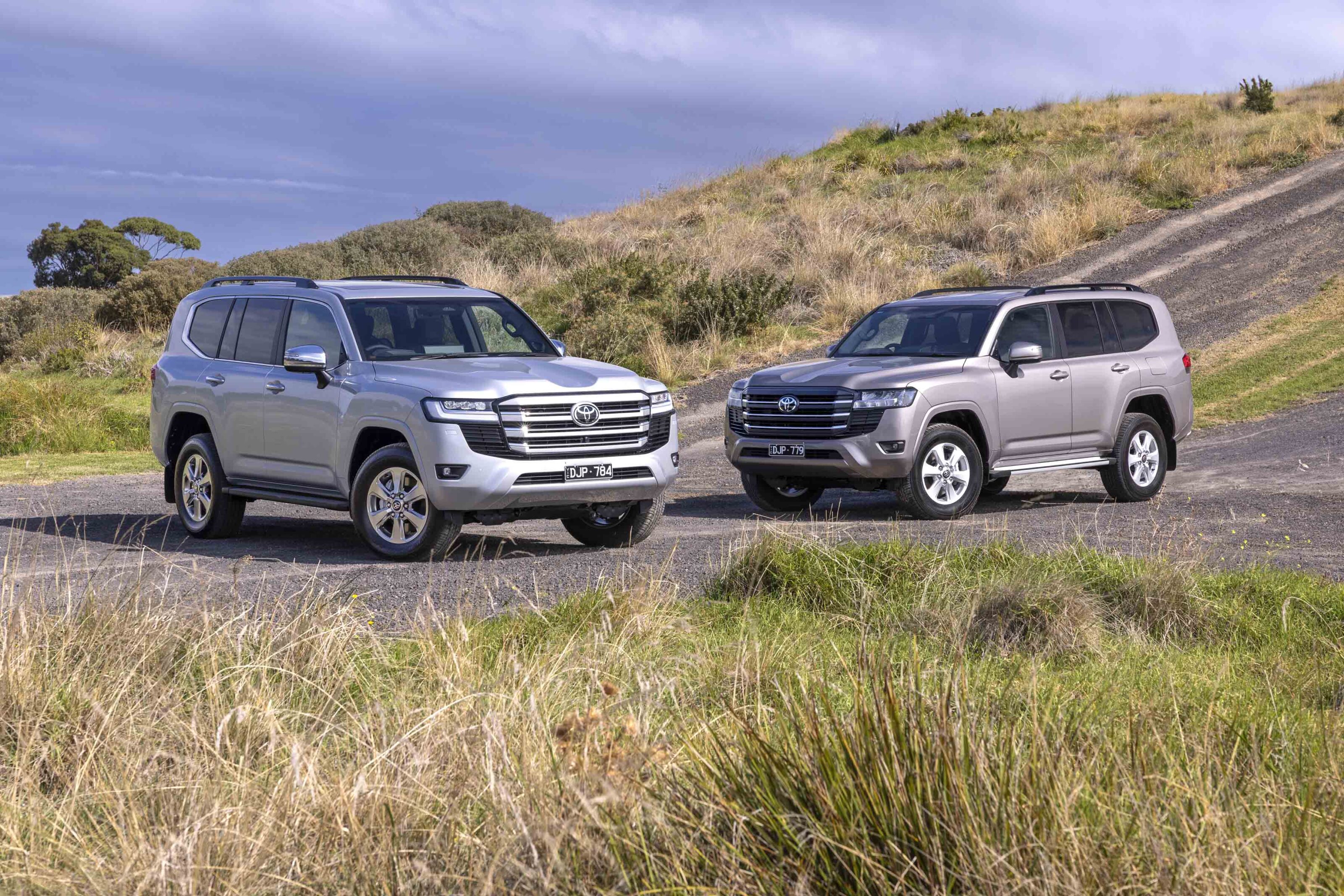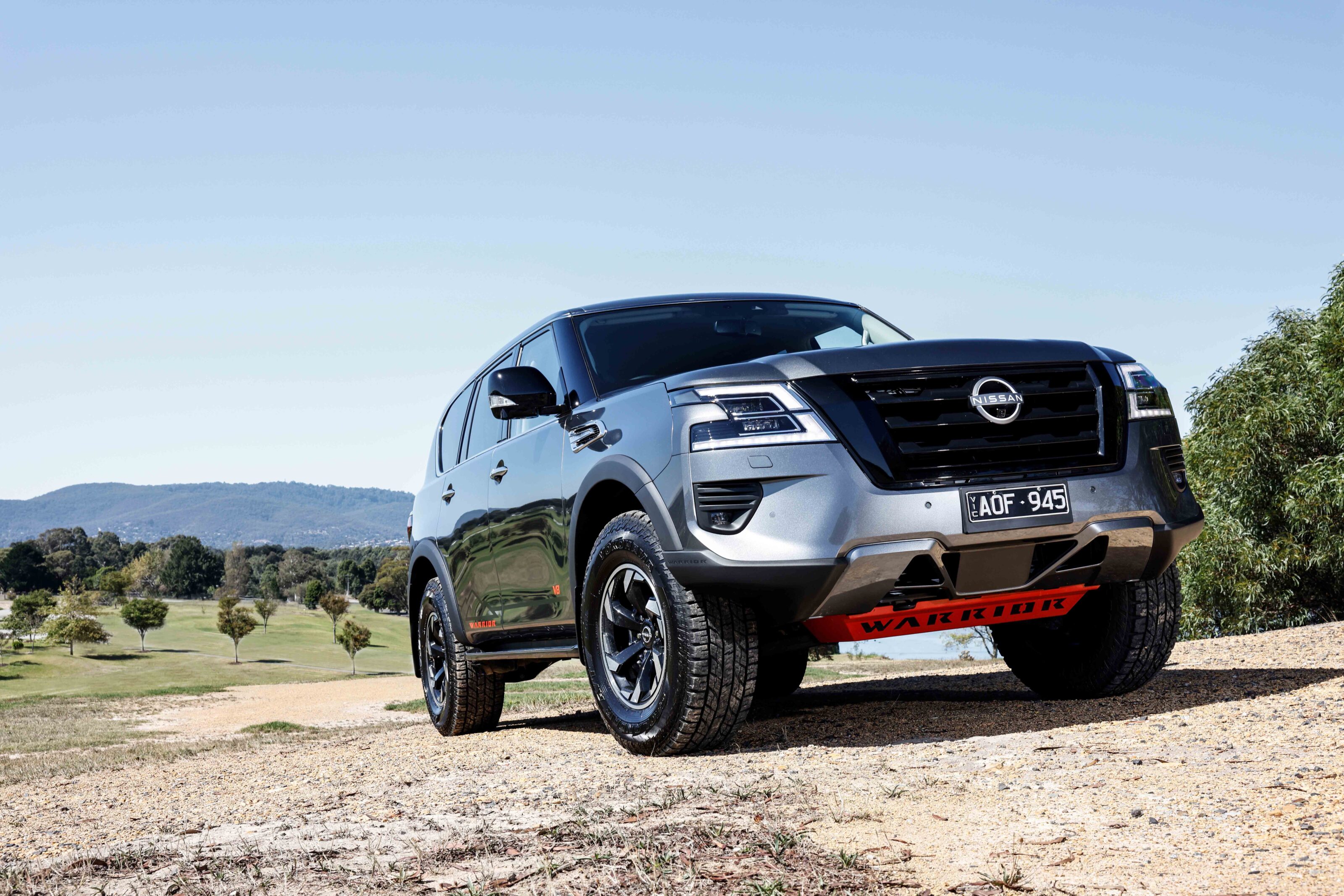LDV Automotive Australia is facing legal action from the Australian Competition and Consumer Commission (ACCC), following allegations that it misled consumers about the durability and corrosion resistance of its T60 dual-cab ute — one of the fastest-growing contenders in Australia’s 4×4 space.
The Federal Court proceedings, announced on April 23, stem from claims made by LDV in marketing campaigns between 2017 and 2021. The ACCC alleges that these campaigns gave car buyers the impression that the LDV T60 was built for tough Australian conditions and offered strong resistance to rust and corrosion — assertions the regulator now says may have misrepresented the vehicle’s true capabilities.
“We allege LDV made claims in its marketing that the T60 ute was ‘a strong and reliable workhorse’ and designed for ‘tough Australian conditions’, including environments with high moisture or salt,” said ACCC Deputy Chair Catriona Lowe. “However, we allege that LDV failed to take adequate steps to ensure its vehicles were in fact sufficiently protected from rust in those conditions.”
A Ute On the Rise — Now Under Scrutiny
The LDV T60 has steadily climbed the sales charts in Australia as a value-focused alternative to market leaders like the Toyota HiLux and Ford Ranger. Backed by a competitive price tag and a growing dealer network, the T60 has appealed to tradies, regional buyers, and budget-conscious 4×4 enthusiasts alike.
However, the ACCC alleges that LDV’s advertising overstated the vehicle’s durability — a key selling point for ute buyers who regularly drive in off-road, coastal, or high-moisture environments where rust is a known long-term issue.
“We’re concerned that consumers who purchased the T60 may have done so believing it was more durable and suitable for harsh conditions than it actually is,” Lowe said. “Durability is not just a tagline — it’s a serious consideration for 4×4 buyers investing in vehicles for work or off-road use.”
The ACCC claims that some LDV T60 utes developed rust in areas such as the underbody, engine bay, and door frames — in some cases, within the first few years of ownership. While LDV has not issued a recall or service campaign, the allegations raise questions about the level of corrosion protection applied during manufacturing and the company’s response to customer complaints.
What LDV T60 Owners Should Know
For current owners of the LDV T60, the ACCC’s action does not immediately affect warranty coverage or resale — but it does raise some practical considerations:
- Conduct a visual inspection of your vehicle’s underbody, engine bay, and door sills for signs of rust or corrosion.
- Contact your LDV dealership if rust is found, and request an assessment under warranty.
- Retain documentation of any rust-related claims or correspondence for future reference.
- Stay informed as the legal proceedings progress, particularly if remedies or compensation are eventually offered.
Buyers considering the LDV T60 are advised to carefully review the vehicle’s corrosion warranty and compare it against other 4×4 models in the segment. The ACCC’s allegations, if proven, may also influence long-term resale values and ownership costs.
LDV Response and Next Steps
LDV Automotive Australia has not yet publicly responded to the ACCC’s court action. The proceedings seek penalties, declarations, and orders to prevent LDV from making similar advertising claims in the future.
“This case is part of the ACCC’s ongoing focus on holding businesses accountable for the claims they make about the performance and suitability of vehicles sold in Australia,” Lowe added.
The outcome of the case may have broader implications for how durability claims are marketed in the competitive 4×4 ute market, particularly as more budget-conscious options enter the scene.
4×4 Australia will continue monitoring the story and provide updates as more details come to light.

